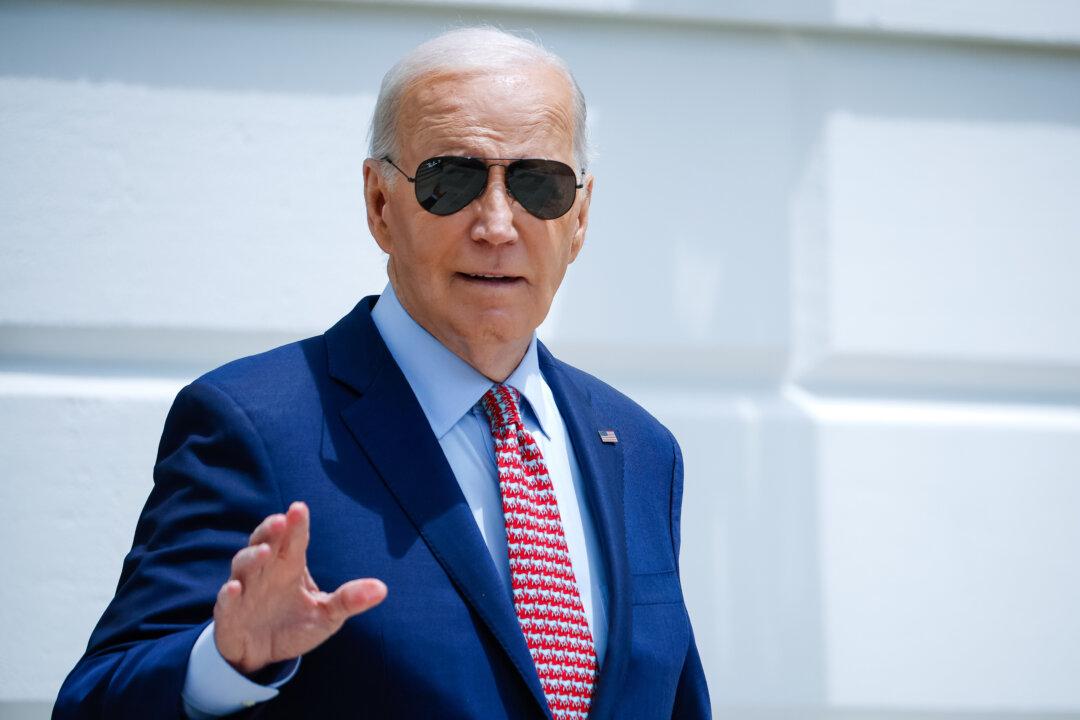President Joe Biden, as well as the leaders of 16 other nations, published a joint statement on June 6 calling for all sides to accept the Gaza cease-fire proposal recently announced by the U.S. president.
“As leaders of countries deeply concerned for the hostages held by Hamas in Gaza, including many of our own citizens, we fully support the movement towards a cease-fire and hostage release deal now on the table and as outlined by President Biden on May 31, 2024,” the joint statement from the leaders of the 17 countries reads. The other nations include Argentina, Austria, Brazil, Bulgaria, Canada, Colombia, Denmark, France, Germany, Poland, Portugal, Romania, Serbia, Spain, Thailand, and the UK.





